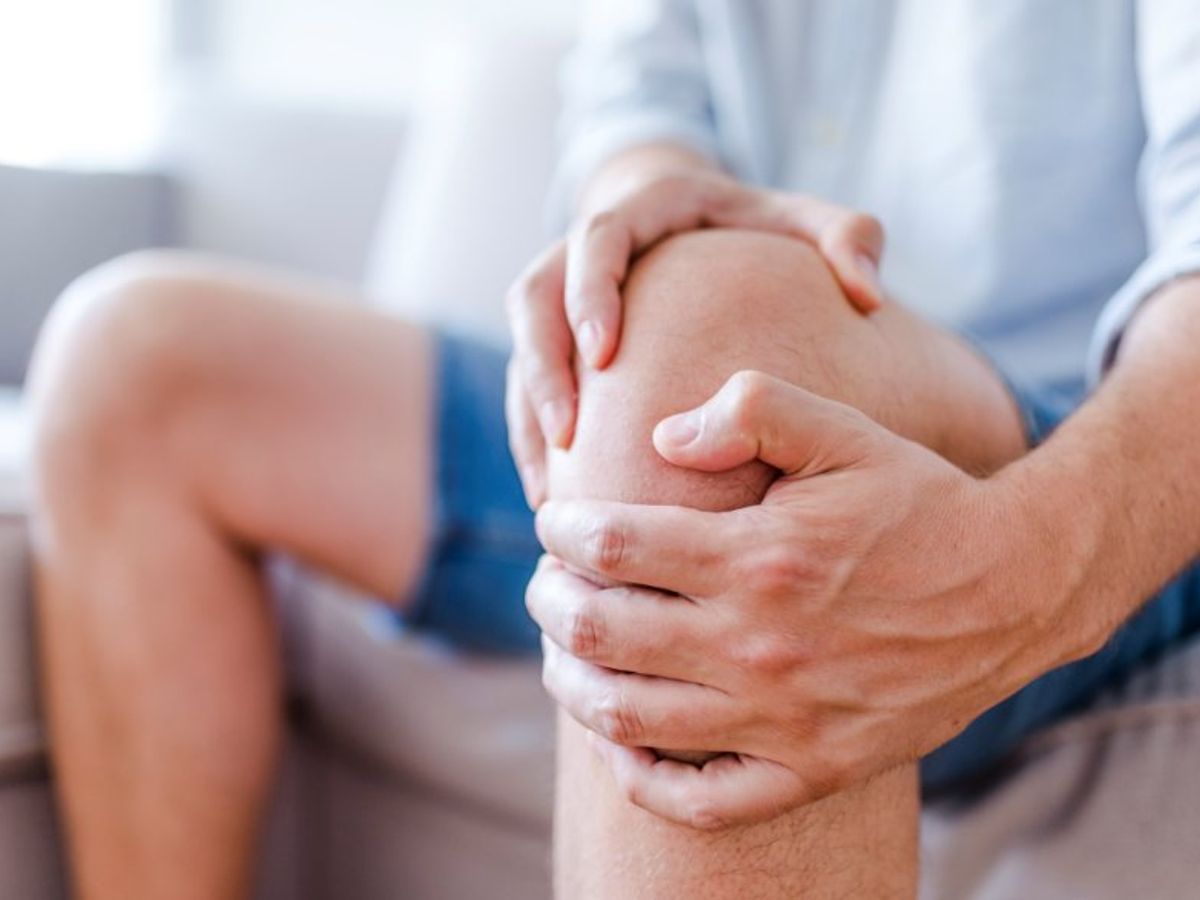The Key To Managing Chronic Joint Pain
Mike Hurley from the Health Innovation Network (Academic Health Science Network for South London) explains how they are helping people to self-manage their chronic joint pain.
The increasing burden of an ageing population on NHS services is well documented. GP’s are doing their best to cope with the ever-increasing demand on services; sometimes lacking both capacity and expertise to support people to change their behaviour and adopt healthier lifestyles.
Patients with long term conditions, such as osteoarthritis (OA) often tell us they feel GP’s are unable to help, at best they are prescribed palliative medication which they tell us they don’t like to take and at worst they are told it is just part of “getting older”. Despite this patients are unsure of where else to turn for advice and support.
Self-management is a hot topic in healthcare at the moment, often heralded as the answer to some of the NHS’s most complex problems. But does it really work?
At the Health Innovation Network (Academic Health Science Network for South London) we have been focusing on helping people to self-manage their chronic joint pain and have piloted a new approach to managing osteoarthritis (OA) in Primary Care – the Joint Pain Advisor.
The Joint Pain Advisor takes the form of up to four 30 minute face-to-face consultations between the Advisors and people with hip or knee OA. People attend an assessment where they discuss their lifestyle, challenges and personal goals and then jointly develop a personalised care plan which gives tailored advice and support based on NICE guidelines for the management of OA. People are then invited to attend reviews after three weeks, six-eight weeks and six months to access further tailored support and advice.
To date over 500 patients have used this service and reported less pain, better function and higher activity levels. A high satisfaction rate was achieved which included reduced BMI, body weight and waist circumference and has led to fewer GP consultations, investigations and onward referrals.
In our original study, we used physiotherapists as Joint Pain Advisors but recently we have worked with Health Trainers and Coaches. We think that the Joint Pain Advisor could significantly reduce the cost of helping people with chronic joint pain.
This post was originally shared on TheNHSBlog by Mike Hurley



